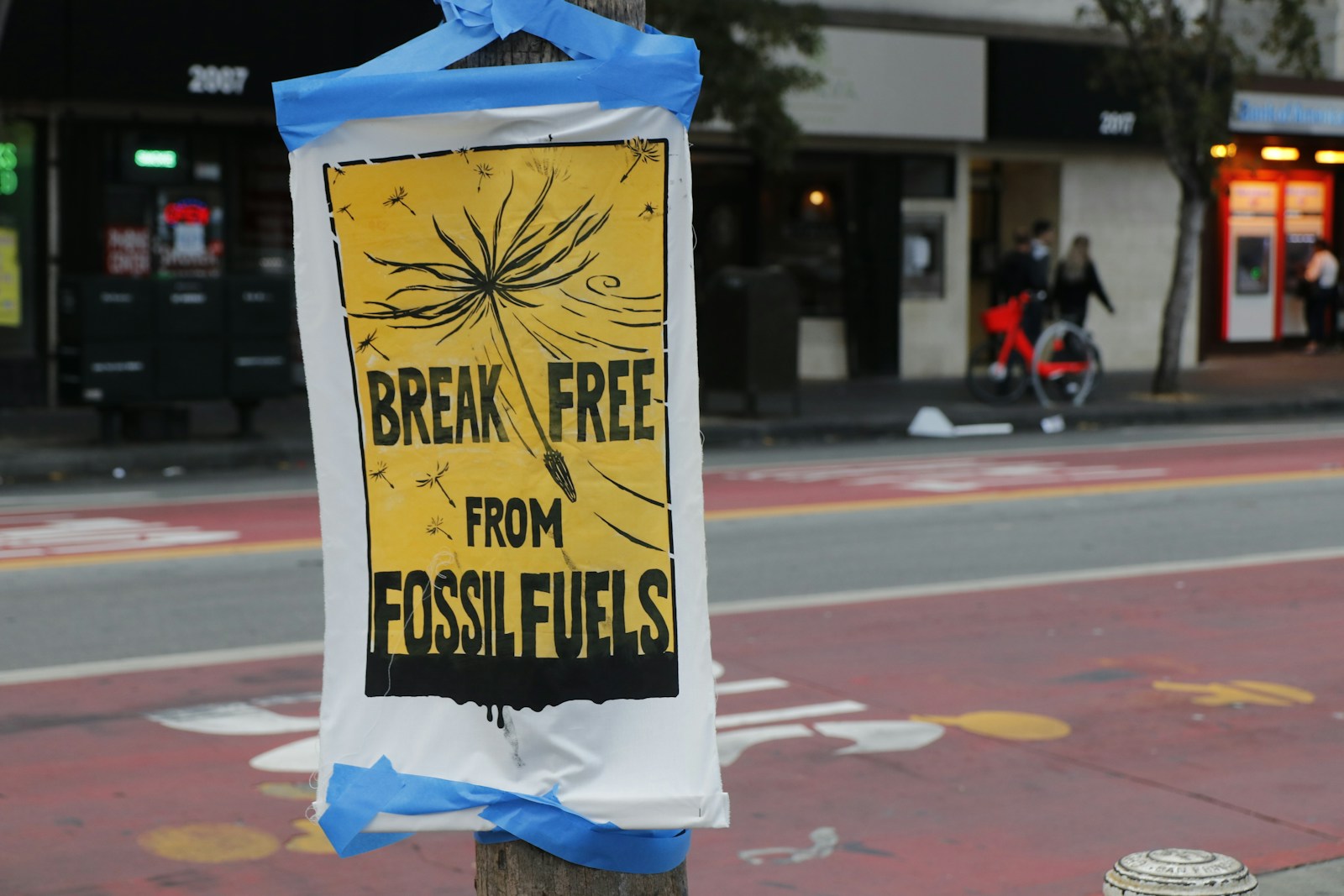Key Takeaways:
- The Republican’s “Big Beautiful Bill” aims to cut funding for renewable energy and subsidies, potentially dealing a major blow to the energy transition.
- A recent blackout in Iberia highlighted the unreliability of over-relying on solar and wind power.
- The International Energy Agency’s (IEA) latest report suggests fossil fuels will remain crucial, even as tech giants invest in AI and data centers.
The idea of moving away from fossil fuels has been a hot topic in recent years. Many countries and companies have promised to transition to renewable energy sources like solar and wind. However, recent events suggest this transition might not be as straightforward as once thought.
Strike One: The IEA Report Reveals a Hard Truth
A new report from the International Energy Agency (IEA) focused on energy and artificial intelligence (AI) revealed some surprising findings. AI data centers, which are massive facilities that power the internet and AI systems, use a lot of electricity—so much that one large data center uses as much power as two million homes. With many more data centers planned, the demand for electricity will skyrocket.
The IEA report tried to offer a positive outlook, saying half of this new demand could be met by renewables like solar and wind. But digging deeper into the report, it becomes clear that fossil fuels will still play a major role. In the U.S., natural gas will supply much of the energy needed, while in China, coal will be the primary source. This suggests that even with heavy investment in renewables, fossil fuels are here to stay.
Strike Two: The Great Iberian Blackout
Just last month, a massive blackout hit the Iberian Peninsula, leaving 55 million people without power for days. Early investigations point to an over-reliance on solar and wind power as the main cause. When the sun wasn’t shining and the wind wasn’t blowing, the grid couldn’t keep up with demand, leading to the blackout.
This event is a wake-up call for politicians and policymakers. No one wants to risk a repeat of such a disaster. The North American Electric Reliability Corporation has also warned that the U.S. grid is at increasing risk of blackouts for the same reason—relying too much on unpredictable renewable sources.
Strike Three: The Republican Budget Axe
The final blow could come from the Republican’s “Big Beautiful Bill,” which aims to cut billions of dollars in subsidies and mandates for renewable energy. If this bill passes, it would make it even harder to transition away from fossil fuels. The bill is part of a broader effort to roll back climate and energy policies, and it could be the final nail in the coffin for the energy transition as we know it.
The Reliability Problem
So, why are fossil fuels still so important? The answer lies in reliability. While solar and wind are great when the conditions are right, they can’t guarantee power when it’s needed most. Fossil fuels, on the other hand, provide a steady and reliable source of energy.
This reliability is crucial for data centers, which require constant power to run. Companies like Meta, Amazon, and Microsoft are building massive data centers, and many of them are turning to natural gas to ensure they have a reliable energy supply. Even though these companies have the money to pay a premium for renewables, they need power they can count on.
The Cost of Transition
The shift to renewables isn’t just about reliability—it’s also about cost. While tech companies can afford to pay more for renewable energy, everyday consumers and businesses often can’t. Countries like Germany and the U.K. have seen energy prices soar as they’ve pushed for aggressive renewable energy targets. This has led to energy poverty and de-industrialization, where companies can no longer afford to operate.
The U.S. is also facing challenges as it tries to build out renewable infrastructure. Much of the hardware needed for solar and wind comes from China, which dominance in the global supply chain. This means that building out renewables requires sending a lot of money overseas, which isn’t popular with many voters.
The Future of Energy
Despite the challenges, no one is giving up on climate goals just yet. The tech industry and organizations like the IEA are still committed to reducing carbon emissions. However, the practical realities of energy demand and reliability are making it clear that fossil fuels will play a central role for the foreseeable future.
Nuclear energy is often seen as a potential solution, but it’s unlikely to make a significant contribution in the next decade due to the time and investment required to build new plants. So, for now, fossil fuels are the best option for meeting the world’s growing energy needs.
Conclusion
The energy transition is facing tough times. Between the IEA’s report, the Iberian blackout, and the Republican budget cuts, it’s becoming clear that moving away from fossil fuels won’t be easy. While the climate debate is far from over, the simple fact remains: fossil fuels are reliable, and reliability is what counts when it comes to keeping the lights on.
